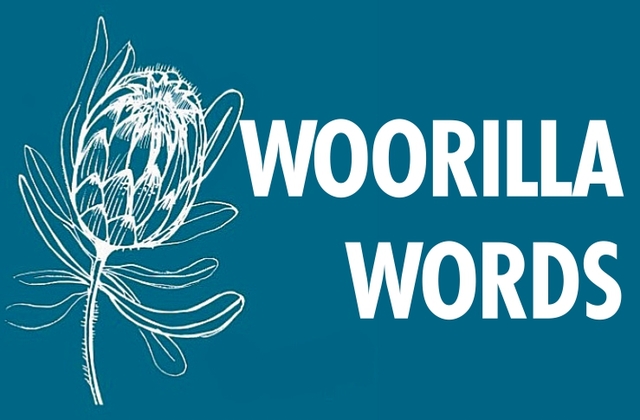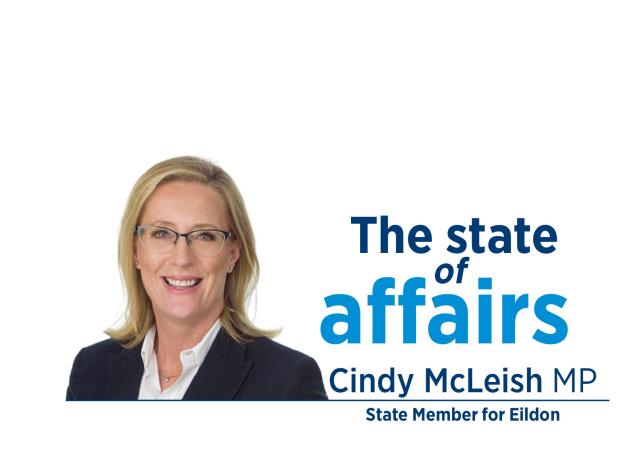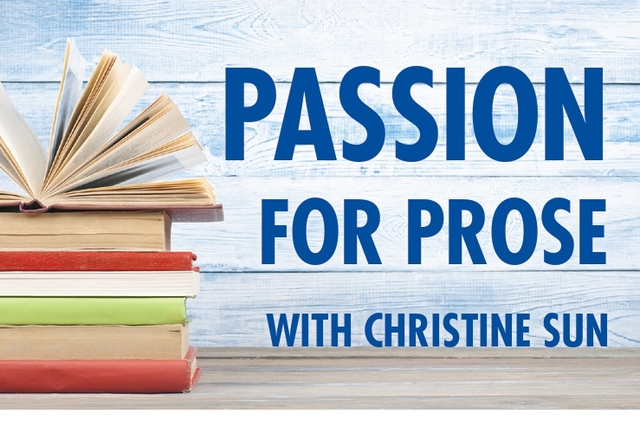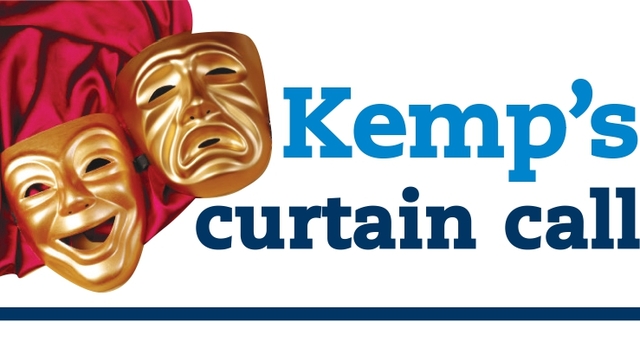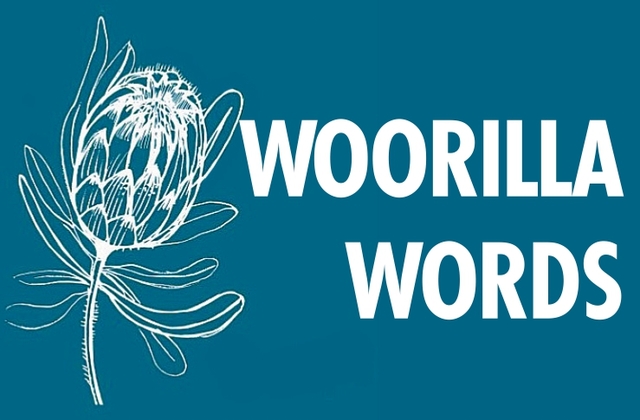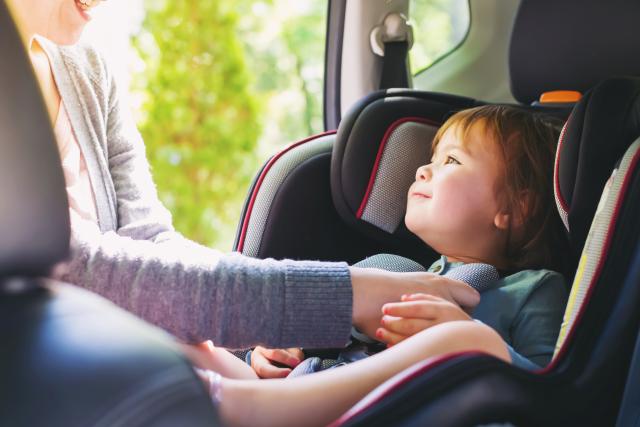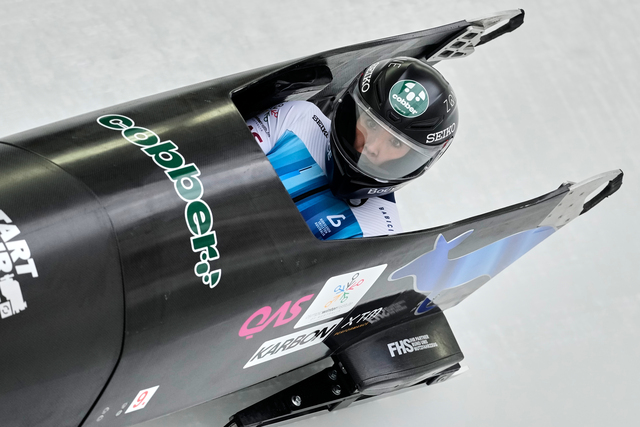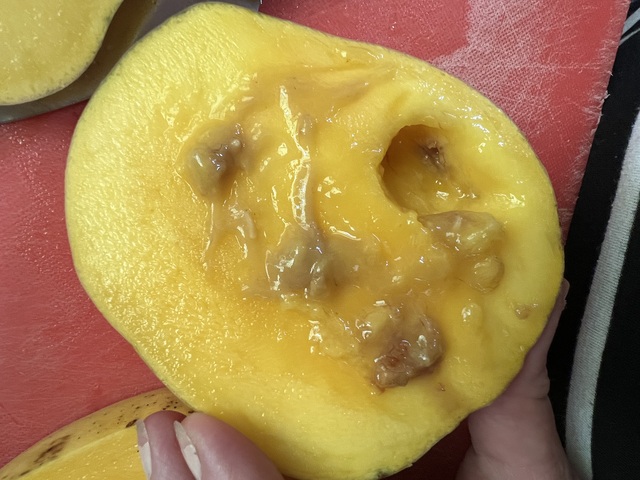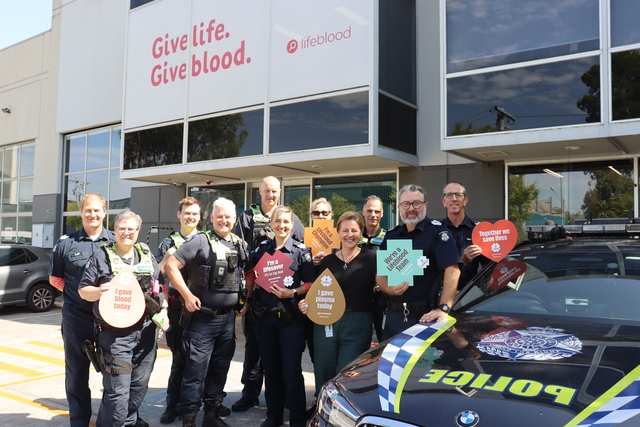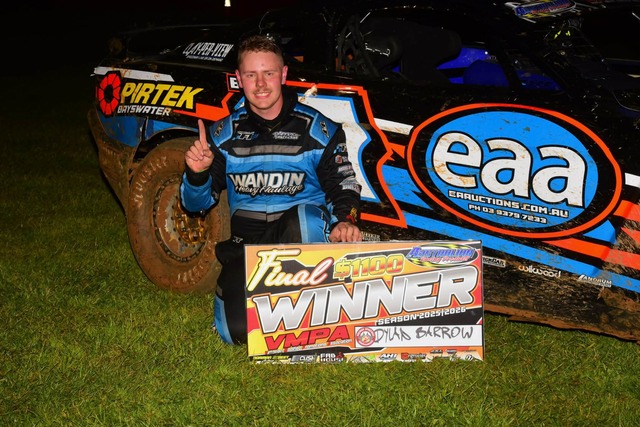“If you want to understand a society, look at how it treats its children.”
Tim Winton, author of Cloudstreet
Many readers will recall being a stay at home mums while their children were young.
Perhaps this was a choice or having married they were no longer eligible to stay in their jobs.
For some undoubtedly this would have meant a break from their professions which often led to them never returning.
This was still at a time when one wage was enough to house, feed and educate a family.
Today most families find it almost impossible to exist on one income.
Professional women are loathe to lose out by taking time off caring for their babies, then finding it hard to renter the workforce and catch up with developments in their chosen professions.
There has also been a shift in attitudes towards women who choose the traditional, role of homemaker and primary carer of children.
It is now accepted that women have an equal right to pursue careers and dreams, and taking time off inhibits progress in career paths.
There is almost a stigma attached to the woman who chooses to be a full time stay at home mum.
And despite shifts in social attitudes this role still primarily falls to women.
Hence the growth of an industry aimed at providing for the needs of a new generation.
Today across Australia approximately 1,423,979 children aged from 0- 12 attend some form of child services such as long day care, family day care, and pre and after school care.
While there is no mandated age it appears that babies as young as six weeks are accepted by some providers.
But many mothers still find t hard to place a baby into the care of strangers as the following poem captures the raw feeling of being apart from a loved one.
Separation” by W.S. Merwin
Your absence has gone through me
Like thread through a needle.
Everything I do is stitched with its colour.”
Raising children in institutional settings is nothing new, with many examples of societies where children spent time away from family.
Go back to ancient Sparta, renowned for its militaristic and highly disciplined society which sought to develop citizens who were not only physically strong but also mentally tough, loyal, and highly committed to the state.
Similarly in the Soviet Union and in Kibbutzes of Israel where children were moulded for the needs of the emerging societies: Perhaps the early sending of English upper class boys to boarding schools was also to create a certain type of Englishman suited to the needs of the then Empire This then begs the question: what kind of citizen are we hoping to produce?
The experts would say the system is designed to produce citizens who are independent, critical thinkers, socially responsible, inclusive, environmentally conscious, and emotionally healthy.
In essence, the modern child care system aims to nurture individuals who will thrive both personally and in their communities, balancing individual rights and freedoms with a strong sense of responsibility to others and the environment.
Whether early childcare is truly in the best interests of the child or primarily serves the needs of a market based a society is debatable.
Apart from the need of parents for extra income many argue that children in preschool learn valuable lessons in socialising, sharing and other social, emotional and cognitive skills which sets them up for later life.
Others point to the lessening of the mother/child bond and possible long term traumas.
The problems we are seeing with our youth may question whether we are laying the right foundations in emotional intelligence and social awareness necessary for living in a complex, diverse, and rapidly changing world.
Programs with well-trained, consistent, and caring staff can like Australia’s E4Kids deliver high-quality early learning that improves later education, employment, and wellbeing.
But when profit becomes the primary driver, corners can be cut in ways that put vulnerable children at risk.
Recently there have been increasingly disturbing reports of mistreatment, neglect, and even abuse in some Australian childcare facilities.
These cases have raised serious questions about oversight, regulation, staff training, and whether the current system — largely composed of privately operated centres adequately protects children.
While many centres provide excellent care, the fragmented and market-driven system is clearly failing in too many cases.
For the last eight months, ABC Investigations led by Adele Ferguson has exposed deep, structural problems in the $20 billion childcare industry, including a rising number of serious incidents at some of the country’s large for-profit providers, which now represent three-quarters of long day care centres.
From a child strapped into a high chair as a means of control till welts appeared on his buttocks or hitting a visibly distressed child, filming the child’s response for amusement, and posting the images on line .to substandard food lacking in nutrition, so vital for body and brain development.
Early childhood is a critical period for emotional and brain development.
Exposure to trauma, neglect, or fear at this age can have lifelong consequences.
As Indigenous poet and Miles Franklin winner Melissa Lucshenko said “Trauma doesn’t leave you — it weaves itself into the fabric of who you are.”
The revelations — across the sector — have sparked a parliamentary inquiry in NSW, and prompted widespread calls for reform, including the creation of a national early childhood commission to oversee standards and enforcement in the sector.
Working families — face a painful dilemma between needing care and fearing for their children’s safety.
This anonymous poet reflects this feeling:
The First Goodbye”
I leave you in a room of soft light,
tiny coats hung like sleeping birds,
your name taped to a cubby
as if that makes it safer here.
You look up,
a crumpled dawn behind your eyes—
confused, curious,
your fingers still sticky with morning.
There’s a moment—
a quiet click—
when my hand unhooks from yours.
That is the sound
of everything shifting.
Children need stable, nurturing, predictable. Every child deserves to be seen, heard, and safe.
Anything less is a failure of adults, not children.
The recent cases highlight a deep and urgent problem in parts of Australia’s childcare sector.
The situation has reopened the discussion about whether childcare should be considered a public good — like health or education.
As Justice Margaret Nyland said: Every child deserves to be seen, heard, and safe. Anything less is a failure of adults, not children.”
Philip Larkins “This Be the Verse” is a blunt, darkly humorous poem about how parents — despite their best intentions — inevitably pass on emotional damage to their children.
With many having to outsource parenting the emotional damage may be not genetic but equally devastating.
They fuck you up, your mum and dad.
They may not mean to, but they do.
They fill you with the faults they had
And add some extra, just for you.
But they were fucked up in their turn
By fools in old-style hats and coats,
Who half the time were soppy-stern
And half at one another’s throats.

